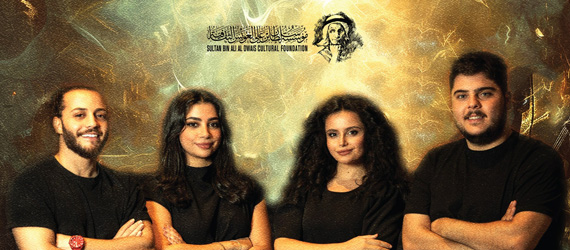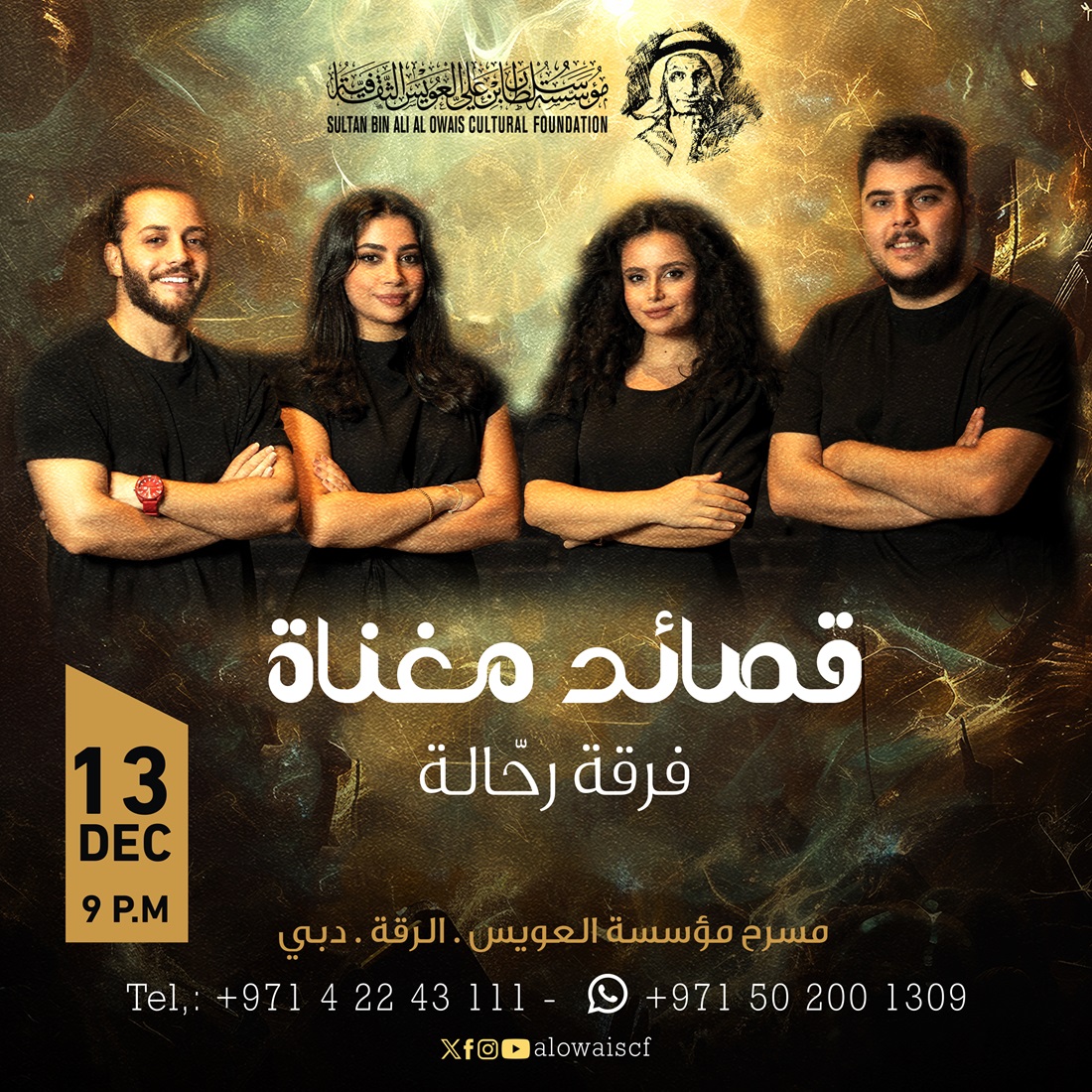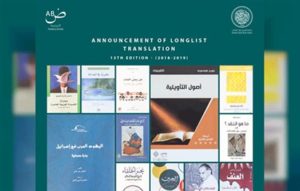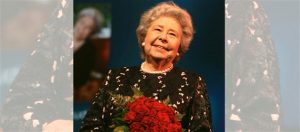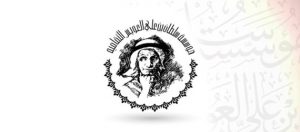The Sultan Bin Ali Al Owais Cultural Foundation will host a concert titled “Sung Poems”, performed by the Rahala Music Group, on Friday, December 13. The event promises to revive the enchanting melodies of a bygone era, filling the foundation’s halls with timeless rhythms.
The musical celebration coincides with World Arabic Language Day, observed annually on December 18, enhancing the event’s cultural and linguistic significance.
The young music ensemble will bring to life the world of Arabic poetry, immortalized by legendary poets whose verses were transformed by iconic singers into captivating melodies—imbued with softness, charm, and a sentimental beauty. The performance will feature timeless songs such as “Aghadan Alqak” (Will I Meet You Tomorrow) and “Hathehi Lailaty” (This Is My Night) by Umm Kulthum, “Ya Jarat Al Wadi” (The Neighbour of the Valley) and “Madanak” by Mohammed Abdel Wahab, and “Zahrat Al Mada’en” and “Aatini al-Nay wa-Ghanni” (Give Me the Flute and Sing) by Fairuz, along with Andalusian Muwashahat and other cherished melodies etched in memory.
The songs will be performed by talented artists Hala Trad, Rand Naddaf, Laith Atassi, and Ali Al Sheikh, accompanied by an exceptional ensemble of musicians: Hassan Nader, Naram Rashed, and Mohammed Qiblawi on violin; Bassem Al Jaber on double bass; Muhammad Sadiq on cello; Al Hadi Jibril on piano; Ali Al Abdullah on qanun; Wissam Al Ali on oud; Amjad Germani on flute; and Askndr Badr and Afif Dahbar on percussion. Together, they will create a mesmerizing musical experience, blending the beauty of classic Arabic songs with exceptional artistry.
In a statement issued by the Al Owais Cultural Foundation, it was highlighted that “Singing in classical Arabic plays a vital role in promoting the Arabic language, strengthening cultural identity and showcasing heritage. As one of the richest languages with a profound cultural and literary legacy, Arabic is deeply intertwined with a rich musical tradition, and singing in Arabic is an integral part of this heritage.”
The foundation further stated, “We must remember that several legendary Arab singers performed in classical Arabic, making significant contributions to sung poetry, a renowned music genre. They transformed poetic verses into lyrical masterpieces, set to captivating musical rhythms, delivering artistic and cultural messages that reflected the diversity of creativity and themes within Arab societies. Through this event, we recall and celebrate the iconic songs that resonated deeply with audiences worldwide, taking a reflective artistic journey into the world of classical Arabic music.”
The celebration of the Arabic language offers a chance to remember and honour the most renowned songs that have touched the hearts of listeners worldwide, embarking on a reflective artistic journey through the realm of classical Arabic music.

